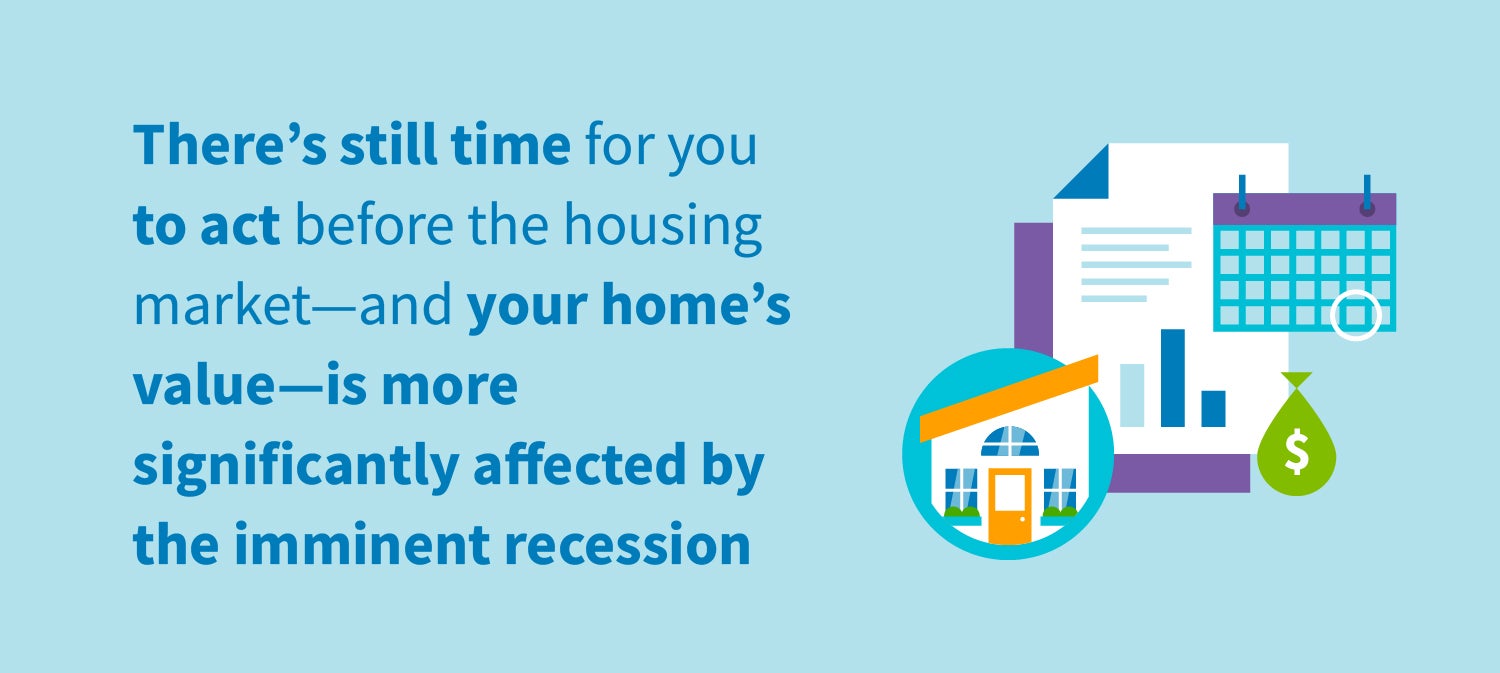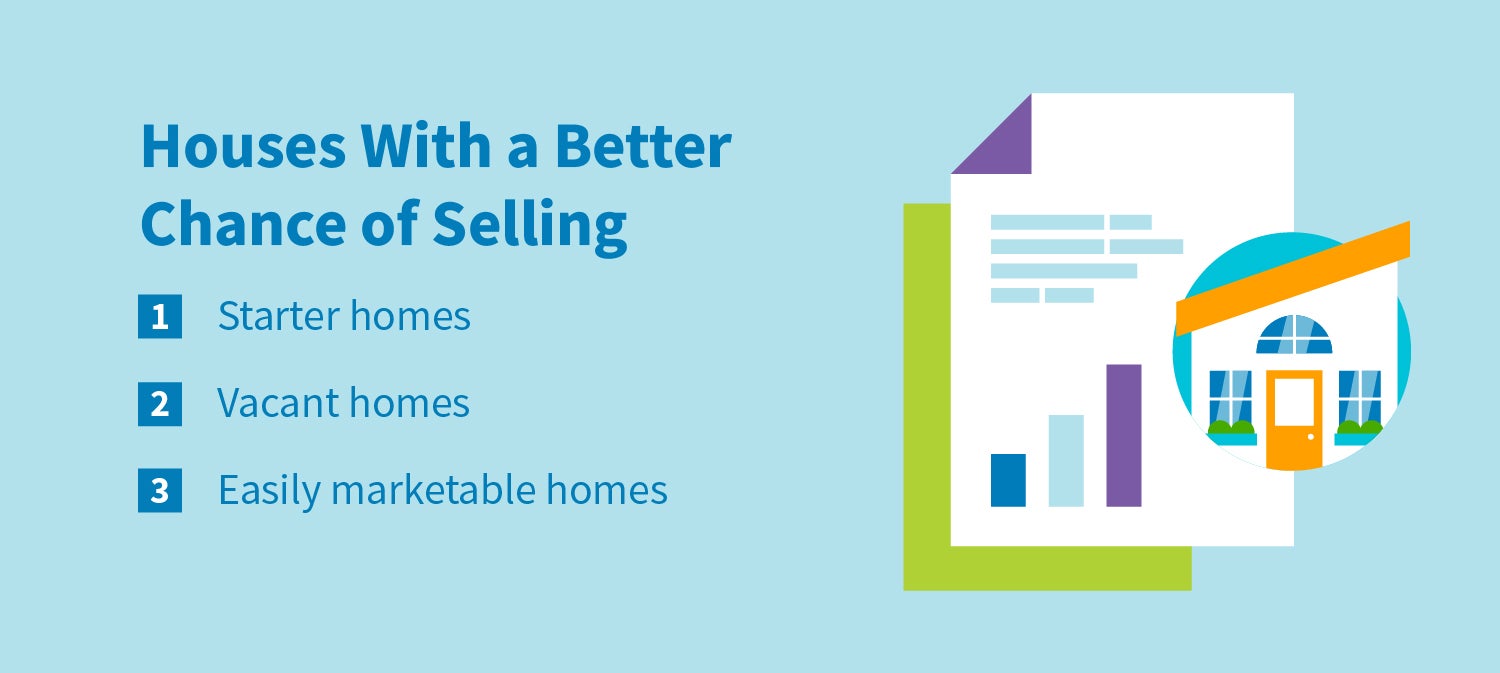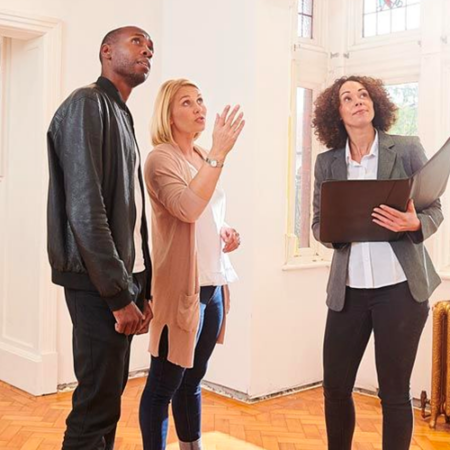
The coronavirus (COVID-19) pandemic has affected every industry in America, and real estate is no exception to that. If you were planning on selling your house this year, you might be wondering if you should still go through with it, given everything that’s going on (like, you know, a national crisis).
Only you can make the final call, but we’re here to help by giving you the information you need to decide whether you should try to sell your house now.
Coronavirus and the Housing Market
Coronavirus has, unsurprisingly, had a notable impact on the housing market. As of mid-March, 48% of real estate agents surveyed had seen a decrease in buyer interest compared to 2019 data. The number of homes for sale had also declined by 15.7%. This indicates that potential buyers and potential sellers are generally more reluctant.
However, as one real estate agent points out, the housing market shifts much slower than something like, say, the stock market. Things don’t change too much on a day-to-day basis. That means there’s still time for you to act before the housing market—and your home’s value—is more significantly affected by the imminent recession.

Why You Should Start the Selling Process
There are several circumstances we’ll go over in which you should consider going forward with your listing:
- If you have a house that is more likely to sell
- If you want to benefit from the cheaper mortgage rates
- If you know you’ll need to sell within the next couple of years
Your House Has a Better Chance of Selling
As the economy worsens, some kinds of houses will be easier to sell than others. You might have better chances of selling a house if it is any of these things:
- A starter home. Entry-level houses are more likely to sell than luxury homes when the market takes a hit, so you might have an advantage if your house is somewhere on the mid-to-low end of the spectrum for your area.
- A vacant home. If no one is currently living in the house you want to sell, it will likely attract more attention because it will be easier for people to view.
- An easily marketable home. In the time of coronavirus, online listings and photos are more important than ever. Most open houses have been shut down and many agents are relying primarily on virtual tours, so if your house has or can have a great online presence, you’re more likely to sell it.

You Want to Take Advantage of Cheaper Mortgage Rates
Mortgage rates have been low for the past few months and are projected to stay that way going forward—the average mortgage rate was 3.33% as of April 23, according to Freddie Mac. (The 50-year low was 3.29% on March 5, 2020, for reference.)
This is good news for you if you want to sell your house, because any potential buyers should have an easier time getting a mortgage they can afford. In addition, the decreased demand should allow lenders to respond to loan requests faster.
You Know You Need to Sell
If you know you’ll need to sell your house sometime in the next one to two years for any reason, you should consider selling soon before the full brunt of the recession hits the housing market. Deciding to wait and sell six months down the line could negatively affect how much you can get for your house, and that may be a risk you don’t want to take.
Why You Should Delay the Selling Process
Though selling now might work for many people, there are others who should hold off on selling their home. You might be in this latter group if you:
- Don’t have dependable income
- Are worried about your health
- Don’t have to sell immediately
You Have Health Concerns
If you have serious concerns about your health or the health of a loved one, you may want to forgo selling your house for now, if possible. Many steps in the house-selling process can be completed virtually, but most buyers will still want to see your house in person, and this could mean exposure to individuals outside your home that you’re not comfortable having exposure to.
You and your agent can, of course, take precautions and disinfect everything before and after a showing, but that may not be enough to reassure you, especially if someone in your household is considered high risk. Keep this in mind when you are deciding whether to sell your house.
You’re Worried About Your Income
You might be recently unemployed, you might be furloughed for who-knows-how-long or you might be worried about taking a pay cut—whatever the reason if you’re worried about making future payments, it’s probably for the best that you wait to sell your house and buy another. If you can, wait until your income is more dependable, and in the meantime, work with your lender to make sure you can stay in the house you currently live in.
You Don’t Have to Sell
In general, if you aren’t being forced to sell by an external factor, such as financial problems or relocation for a job, it might be worth putting off your home sale. Selling a home is a lot of work, and it can be an overwhelming project for anyone to take on even when a pandemic isn’t happening.
You can save your mental and emotional energy—as well as your money—and plan on selling your house when it works better for you.
Selling During COVID-19: What You Need to Know
If you’ve decided that now could be a good time to sell your house, keep these five things in mind:
- Your home’s online presence is crucial (this is worth repeating). Invest in professional photography services and talk to your agent about making your home look as attractive as possible to buyers.
- Though mortgage rates are low, some lenders are modifying the criteria for mortgage approval, making it harder for borrowers to get mortgages. This is especially good to know if you are planning on selling your house and buying a new one at the same time.
- You should have a “showing procedure” with stringent cleaning measures, and offer things like booties and hand sanitizer, too. This is an important consideration for the health and safety of everyone involved.
- Some agents are using “coronavirus clauses” to protect buyers during the pandemic. These clauses allow extensions and cancellations without legal or financial consequences.
- Your sale might take longer than expected due to things like delayed home inspections and mortgage preapprovals, so don’t be surprised if it takes longer to close.
Anyone who tries to sell a house during the pandemic will face unique problems, but it’s certainly still doable, so don’t be discouraged if you need to sell your house now. Review your finances, decide what your priorities are and get professional help when you can—or decide to wait! Whatever works best for you.






